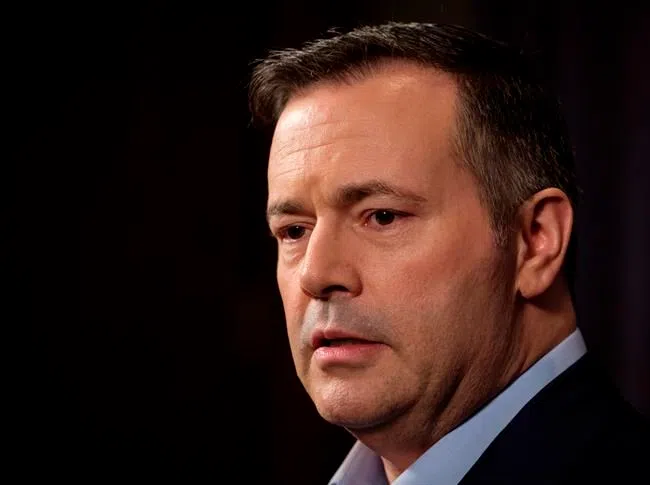
Kenney returns to Ottawa as wing man in Tories’ fight against carbon tax
OTTAWA — Jason Kenney, leader of Alberta’s United Conservative Party, returned to Parliament Hill on Monday where he sparred with federal lawmakers over the Trudeau government’s carbon pricing policy, which he’s vowed to fight if he’s elected premier next year.
The former Harper cabinet minister testified before a parliamentary committee on the Liberals’ controversial plan to ensure all provinces impose a carbon tax as a way to cut pollution.
Kenney’s appearance also provided support for his federal Conservative cousins, who have regularly tried to frame the Liberals’ policy as a tax that will raise costs for all Canadians, particularly when it comes to heating their homes and filling their gas tanks.
Conservatives hope to make carbon pricing a key campaign issue next year — for both the Alberta and federal elections.
